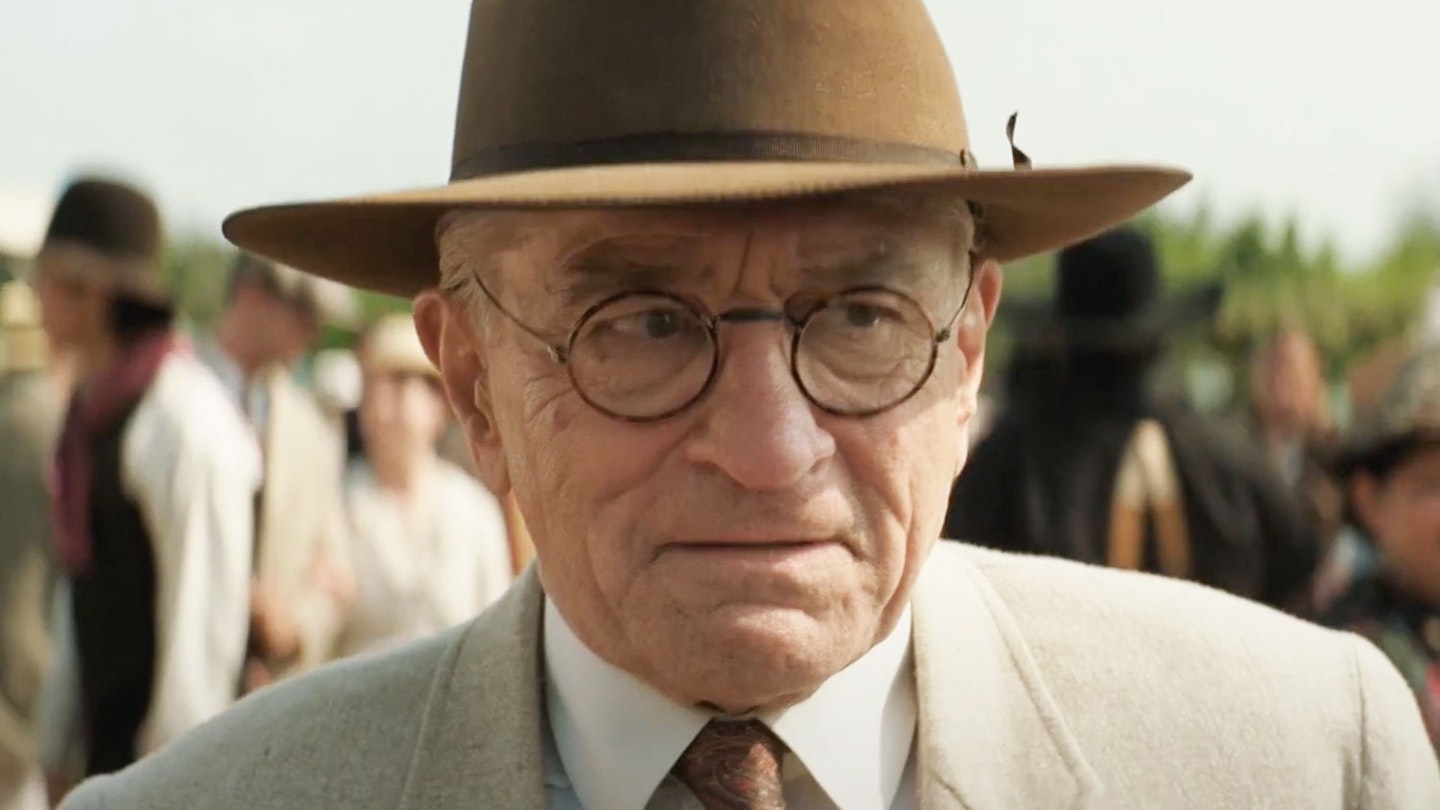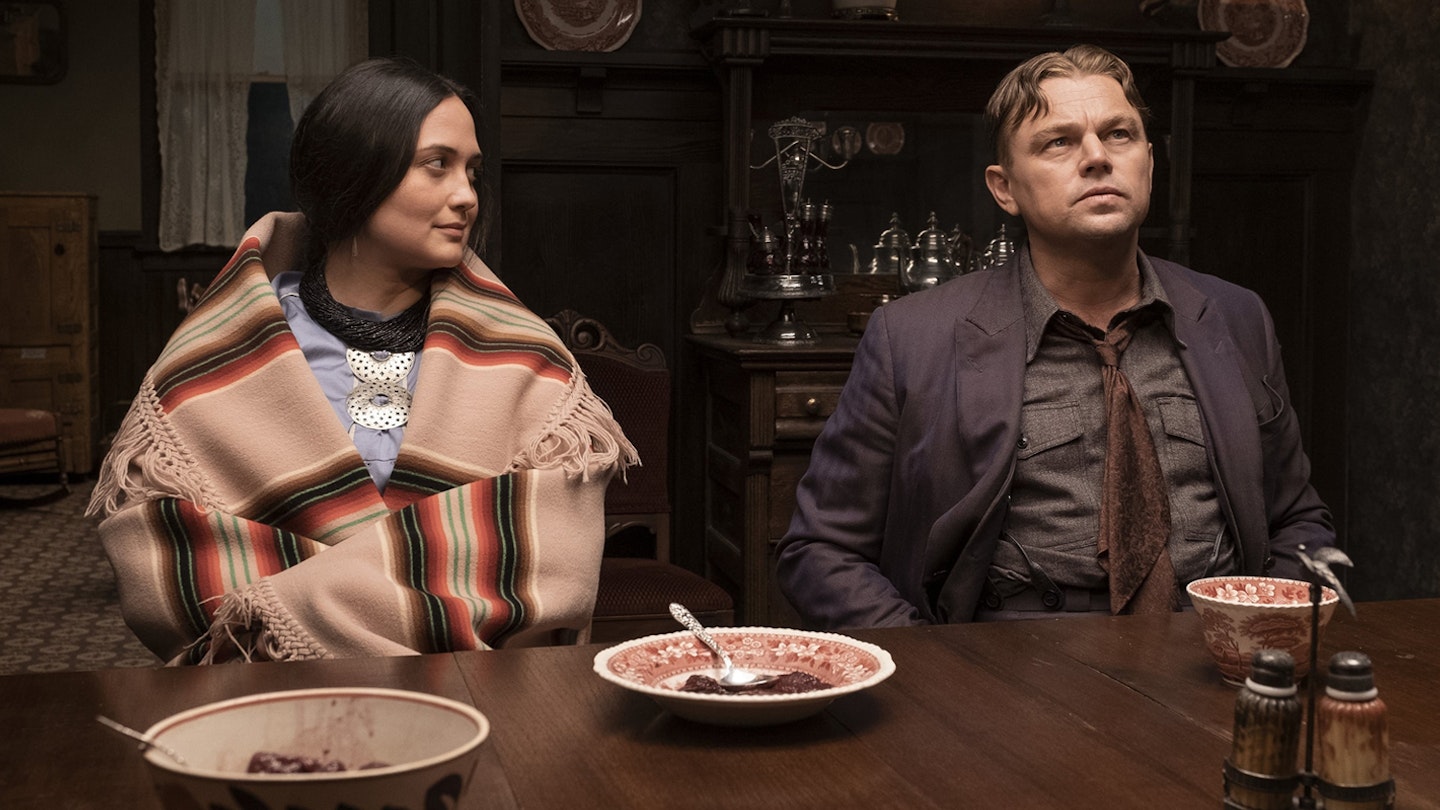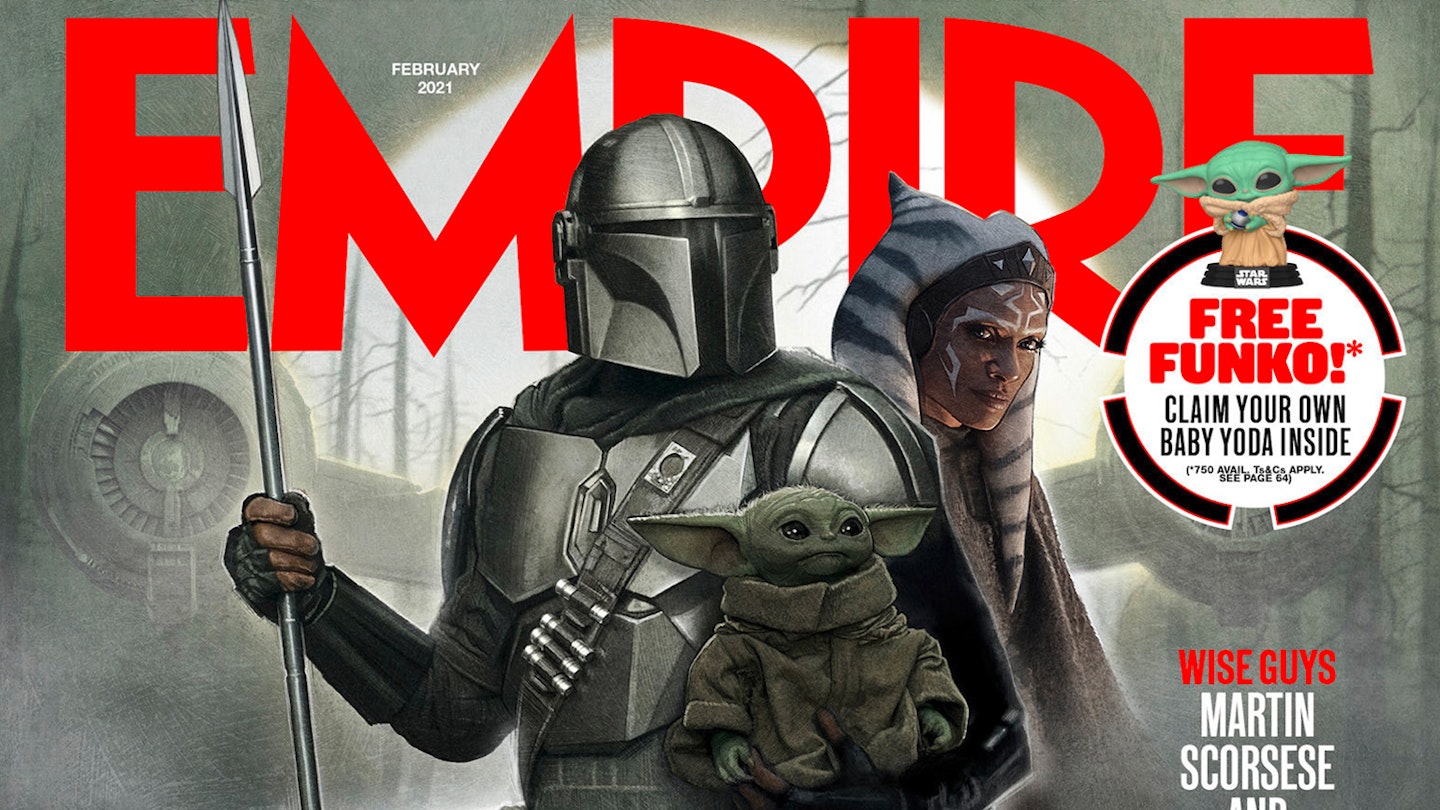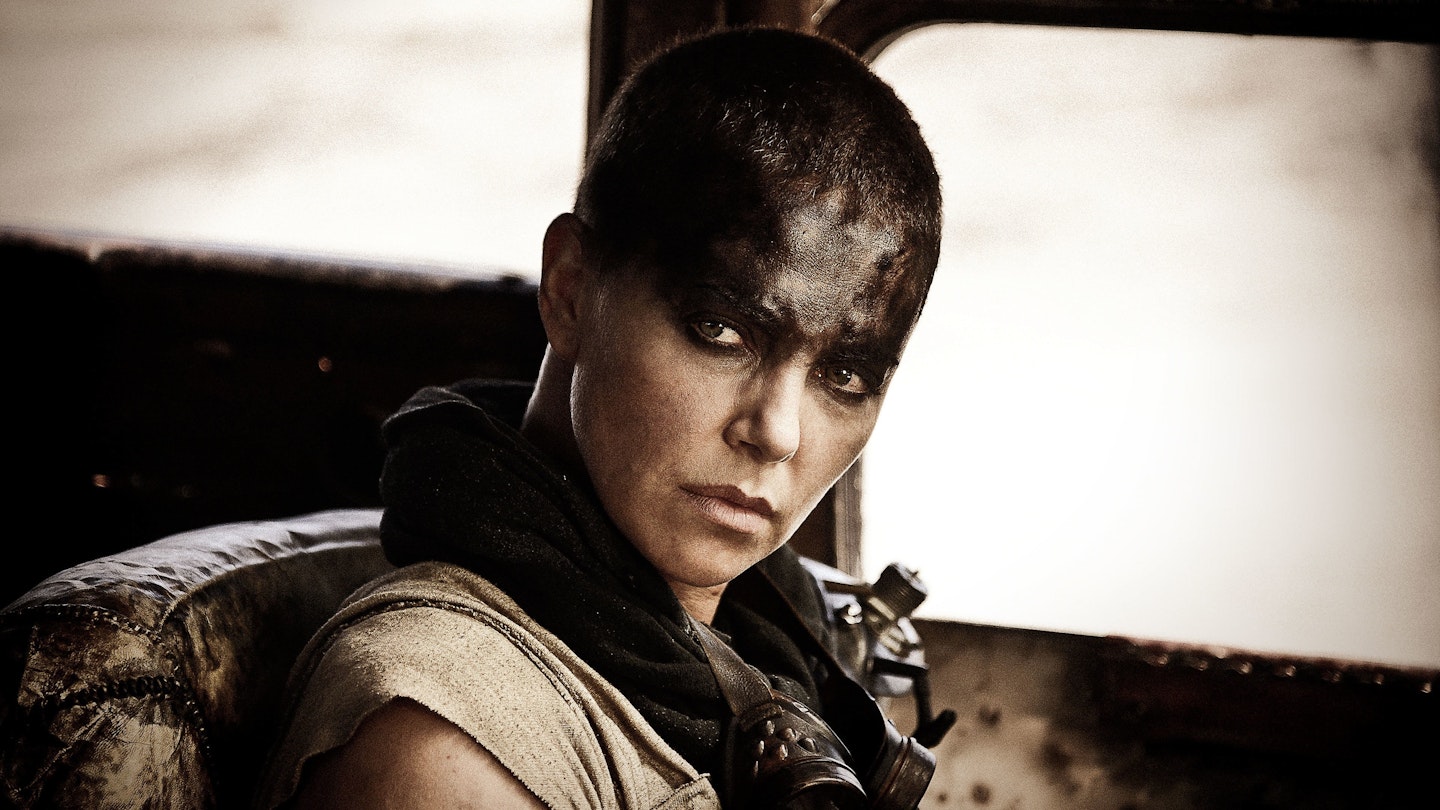Trail-blazing documentarian Kim Longinotto must have recognised a kindred spirit in photo-journalist Letizia Battaglia. A crusading photo-journalist, Battaglia spent years documenting the mean streets of Palermo, detailing more crime and punishment than The Irishman can point a Smith & Wesson at. Longinotto’s portrait is lovingly mounted, at its best showcasing Battaglia’s idiosyncratic personality and the lucidity of her images. When it expands its focus to take in the corrupt society Battaglia is capturing, it falters slightly but only because you miss her vital presence.

Shooting The Mafia is a film of two halves. The more successful first half charts Battaglia’s difficult upbringing (a domineering father, an unhappy first marriage), her passion for younger men and becoming the first woman photographer on a daily Italian newspaper aged 40, documenting the Mafia in her hometown of Palermo — cue lots of snaps of bloodied walls, bodies under sheets and grieving widows. “The camera changed my life,” says at one point. “Before that I wasn’t a real person.” Yet what starts as a life-saving job becomes a dangerous form of rebellion, as her increasingly notorious images of the Cosa Nostra put her constantly in danger. Yet she remains unbowed. ”The Mafia kills,” runs a bit of graffiti in one of her photographs. “So does your silence.”
This biog stuff is lovingly mounted with interviews, corny Italian standards (‘O Sole Mio’, ‘Volare’) and an assiduous choice of film clip ranging from crime pictures such as Francesco Rosi’s Salvatore Giuliano, Pietro Germi’s In NomeDella Legge and melodramas like Alberto Lattuada’s Anna. These clips represent idealized versions of the life Battaglia is describing, the opiate of cinema in sharp relief to the harsh realities of Palermo.
The second half relies heavier on news footage (narrated by Battaglia) to take a broader overview of the Mafia’s vice-like hold on Palermo. detailing the compelling battle between the criminals and the judiciary. As interesting as this stretch is, there is the slight sense that Battaglia’s life and personality get lost in the mix. At times it seems like a different film but it gets back on track as Battaglia talks us through her latest lover — 38 years her junior — and her refreshing mantra: “People who disapprove can fuck off.”








